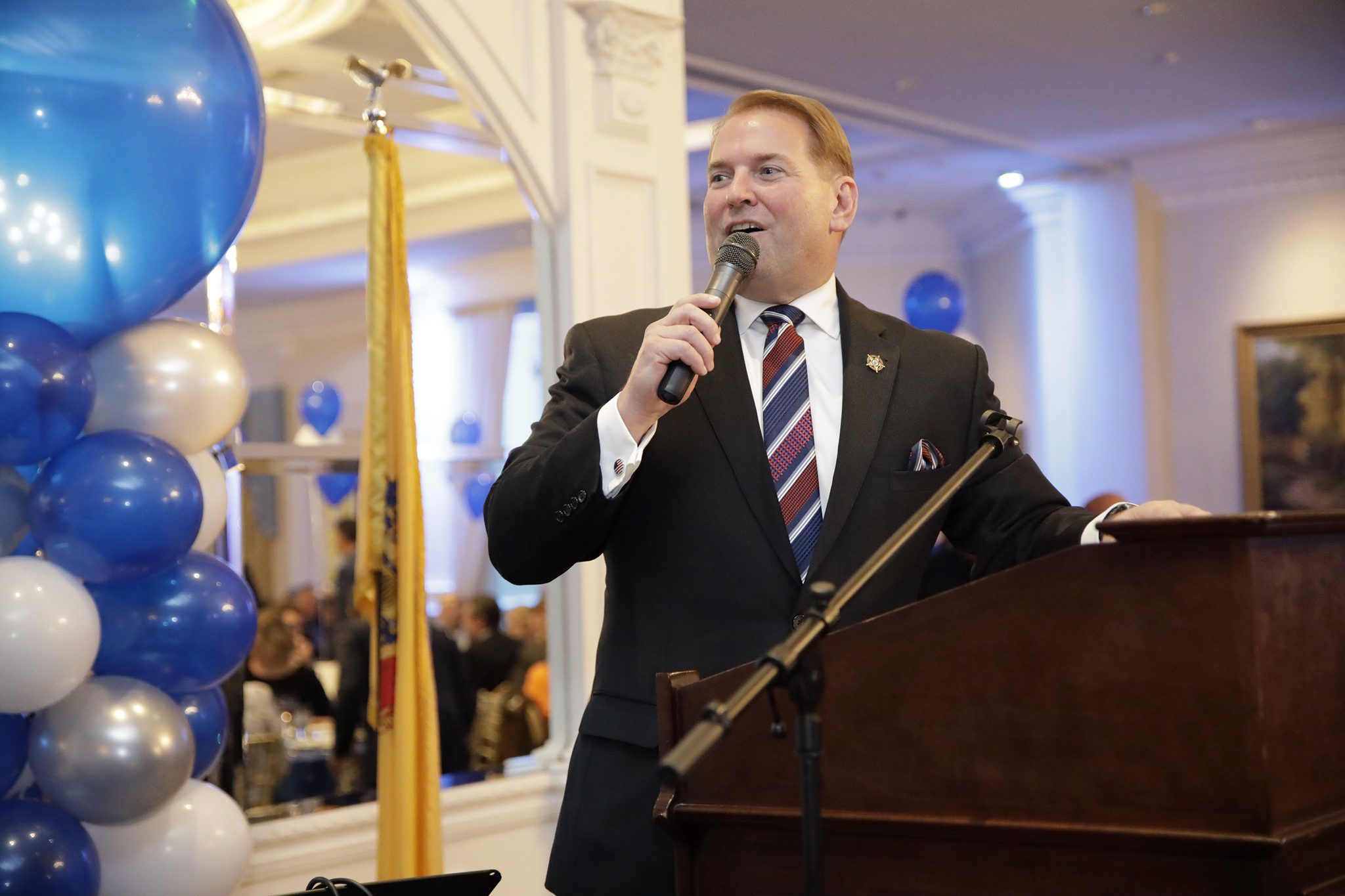Trenton, NJ – Is the ‘Good Ole Boys’ network dead in New Jersey? Or, are party chairmen across New Jersey just learning how to do business in a post-party line political landscape?
The political landscape in New Jersey has undergone a seismic shift with the recent abolition of the “county line” ballot system, a unique feature of the state’s primaries that once gave party chairmen outsized influence over election outcomes. As the dust settles on this historic change, political observers and candidates alike are asking: Do county party chairmen still wield the power they once did, or has the removal of the party line truly leveled the playing field?
For decades, New Jersey’s county line system allowed party-endorsed candidates to be grouped together in a prominent position on primary ballots, often ensuring their victory by making it easier for voters to select the “approved” slate. Critics long argued that this setup handed party chairmen—key figures in the state’s political machines—near-unchecked authority to anoint winners, sidelining challengers and stifling competition. A federal judge’s ruling in March 2024, spurred by a lawsuit from Rep. Andy Kim during his U.S. Senate campaign, struck down the county line for Democratic primaries, mandating an “office block” ballot design instead, where candidates are listed by the office they seek rather than party endorsement.
The impact was immediate. The June 2024 primaries offered a glimpse into a new era, with some races showing increased competitiveness. However, as New Jersey gears up for the 2025 gubernatorial primaries, opinions remain divided on whether the absence of the line has diminished the power of party chairmen or simply forced them to adapt.
A Shift in Influence?
Political analyst Julia Sass Rubin, a professor at Rutgers University who has studied the county line’s effects, argues that while the change is a step toward fairness, party chairmen retain significant sway. “The line’s removal weakens their ability to directly control ballot placement, but these leaders still command loyalty, fundraising networks, and grassroots operations,” Rubin said. “They’ve lost a tool, not their toolbox.”
Evidence from the 2024 primaries supports this view. In counties like Essex and Hudson, where Democratic Party chairs Leroy Jones and Anthony Vainieri have long dominated, endorsed candidates still prevailed in most contested races, even without the line’s visual advantage. Insiders attribute this to established political machines that mobilize voters through patronage, endorsements, and get-out-the-vote efforts honed over decades.
Yet, the picture isn’t uniform. In Monmouth County, where the Democratic field was more fractured, the absence of the line allowed lesser-known candidates to gain traction, suggesting that the change could erode chairmen’s grip in areas with weaker party cohesion. “It’s not a monolith,” said Brett Pugach, an attorney involved in the lawsuit against the county line. “Where party bosses are entrenched, they’ll find ways to win. Where they’re not, voters have more say.”
In Ocean County, a blind man can steer the party to victory in the most heavily Republican influenced county in New Jersey. Even with the party line, several state level candidates have defeated te line in recent years against former chairman Frank Holman and George Gilmore.
In local elections, when Democrats mounted a viable campaign, they defeated Republicans in Brick Township and Toms River.
Candidates Test the Waters
The 2025 gubernatorial race is shaping up as a critical test case. Several Democratic contenders, including Rep. Josh Gottheimer and Jersey City Mayor Steven Fulop, have publicly shunned traditional county conventions—events where chairmen historically flexed their muscle by locking in endorsements. Fulop, a vocal critic of the party machine, has framed his campaign as a break from boss-driven politics, arguing that the line’s demise opens the door for grassroots momentum. Gottheimer’s team, meanwhile, has dismissed conventions as “rigged games,” signaling a broader rejection of chairman-led processes.
On the Republican side, candidates like state Sen. Jon Bramnick face a different dynamic, as the GOP’s use of the line varied by county. Still, some operatives suggest that Republican chairmen, such as Monmouth’s Shaun Golden, retain influence through convention votes and donor networks, even without the ballot boost.
In Ocean County that donor network is eroding as several successful PACs have emerged to compete with he donation power of the party.
Skeptics and Optimists
Critics of the old system, like Henal Patel of the New Jersey Institute for Social Justice, see the line’s removal as a victory for democracy but caution that cultural change lags behind legal reform. “Party bosses don’t vanish overnight,” Patel said. “They’ve built ecosystems—jobs, contracts, loyalty—that don’t depend on a single ballot design.”
Conversely, progressive advocates point to early signs of disruption. The 2025 primary filing deadline, less than a year away, could see more challengers emerge, emboldened by the prospect of a fairer fight. “Without the line, you don’t need to kiss the ring to have a shot,” said Sue Altman of the New Jersey Working Families Alliance. “That alone shifts power back to voters.”
What’s Next?
As New Jersey navigates this uncharted territory, the interplay between structural reform and entrenched power remains fluid. Legislative leaders have promised bipartisan talks to codify ballot changes, but skeptics fear stalling tactics to preserve influence. Meanwhile, the courts could still weigh in on a permanent ban, adding uncertainty.
For now, party chairmen appear to be adapting rather than retreating. Their ability to shape the 2025 primaries—through endorsements, resources, or sheer political savvy—will reveal just how much power they’ve truly lost.
As one veteran operative put it, “The line’s gone, but the game’s still on.”

